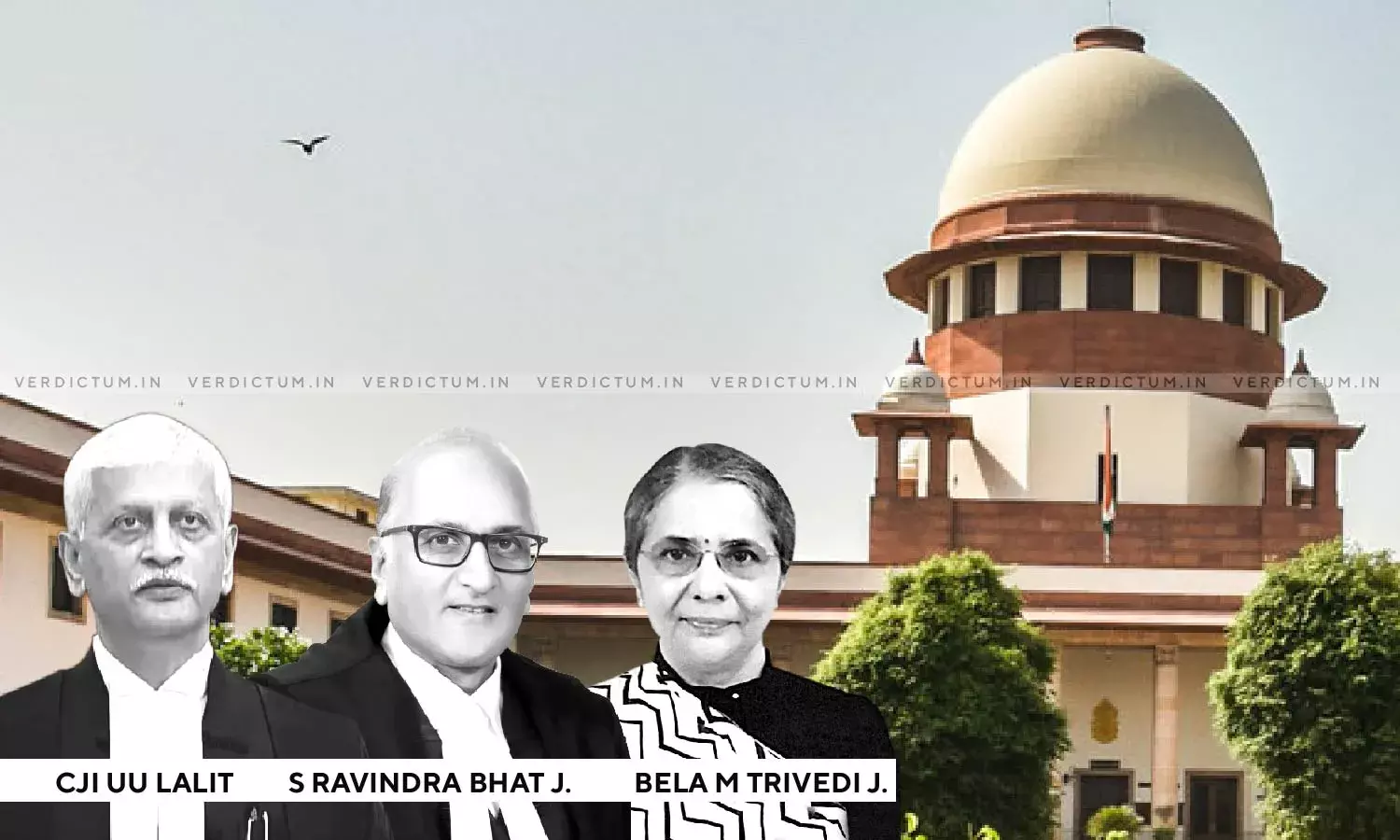Red Fort Attack- Supreme Court Dismisses Review Petition By LeT Terrorist Mohd. Arif Challenging His Death Sentence

The Supreme Court has dismissed the review petition filed by Lashkar-e-Taiba terrorist Mohd. Arif was awarded death sentence for opening firing inside the Red Fort and killing three Army jawans in the year 2000.
The bench of Chief Justice UU Lalit, Justice S. Ravindra Bhat, and Justice Bela M Trivedi observed that there was a direct attack on the unity, integrity and sovereignty of India.
"…there is nothing on record which can be taken to be a mitigating circumstance in favour of the review petitioner. The suggestion that there is a possibility of retribution and rehabilitation, is not made out from and supported by any material on record. On the other hand, the aggravating circumstances evident from the record and specially the fact that there was a direct attack on the unity, integrity and sovereignty of India, completely outweigh the factors which may even remotely be brought into consideration as mitigating circumstances on record.", the bench observed while dismissing the review petition.
According to the prosecution, on the night of December 22, 2000, some intruders entered the area where the Unit of 7 Rajputana Rifles of the Indian Army was stationed inside the Red Fort, New Delhi. In the firing that was opened by the intruders, three Army jawans lost their lives. The intruders then left by scaling the rear-side boundary wall of the Red Fort.
Thereafter FIR was lodged in respect of offences punishable under Sections 302, 307, 186, 353, 120-B, 121, 121-A, 216 and 201 of the Indian Penal Code, 18602 read with Sections 25, 27, 54, and 59 of the Arms Act, 1959, Section 14 of the Foreigners Act, 1946, Sections 4 and 5 of the Explosive Substances Act, 1908 and Sections 420, 468, 471, 474 and 34, IPC.
In the investigation, the involvement of the present review petitioner- Mohd. Arif was made out. The additional sessions judge awarded death sentence to the accused which was affirmed by the High Court.
The appeal challenging his death sentence was negated by the Supreme Court and the award of death sentence was affirmed.
The instant review petitions had initially come up before the Bench of two Judges which came to be dismissed. Soon thereafter a writ petition was filed by the review petitioner submitting inter alia, that the review petitions in matters arising out of award of death sentence be heard by a Bench of three Judges and in open Court. In this backdrop, the instant review petitions were listed before a three-judge bench for rehearing.
Senior Counsel Siddharth Agarwal appeared on behalf of the review petitioner.
The Court rejected the argument that the disclosure statements of the review petitioner must be taken to be inadmissible on account of ill-treatment meted out to him during the intervening night between his actual arrest and his formal arrest.
The Court also rejected the suggestion that there is a possibility of retribution and rehabilitation of the review petitioner.
Therefore the Court held thus "Consequently, we do not find any merit in the instant review petitions, which are accordingly dismissed."
Cause Title- Mohd. Arif @ Ashfaq v. State (NCT Of Delhi)
Click here to read/download the Judgment

